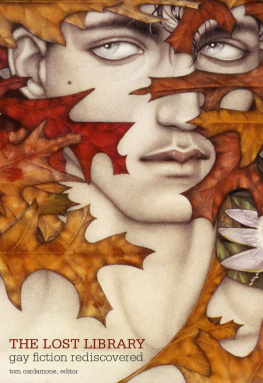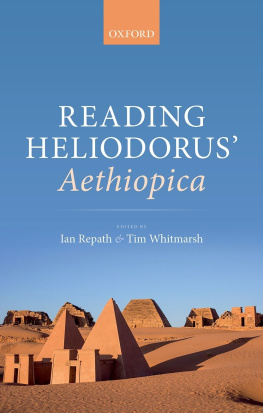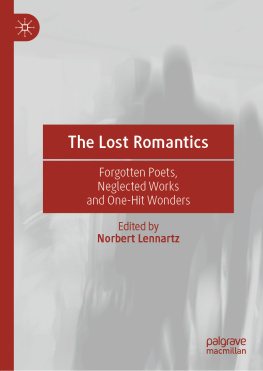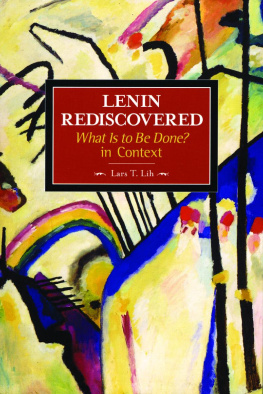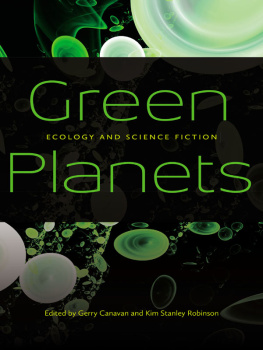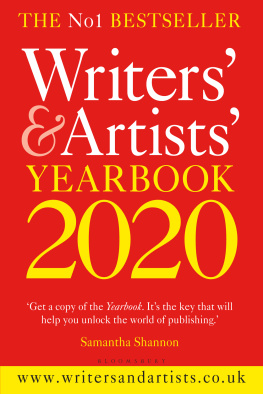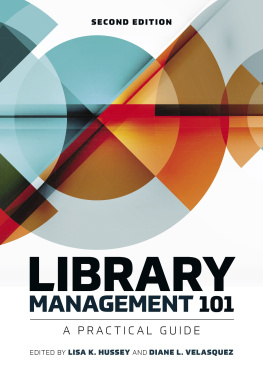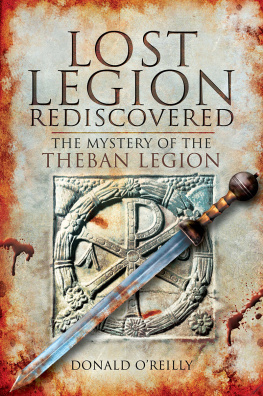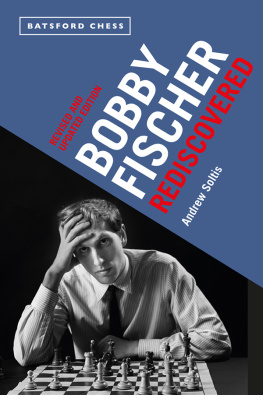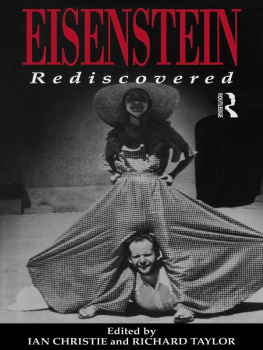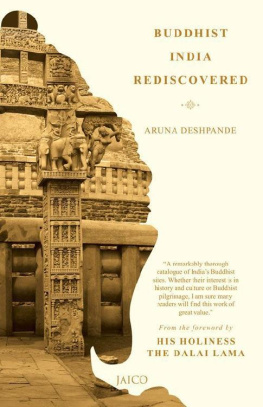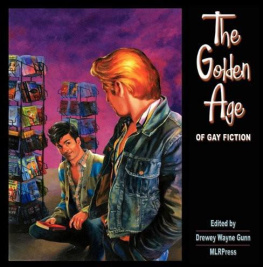Tom Cardamone (editor) - The Lost Library - gay fiction rediscovered
Here you can read online Tom Cardamone (editor) - The Lost Library - gay fiction rediscovered full text of the book (entire story) in english for free. Download pdf and epub, get meaning, cover and reviews about this ebook. year: 2010, publisher: Haiduk Press, genre: Art. Description of the work, (preface) as well as reviews are available. Best literature library LitArk.com created for fans of good reading and offers a wide selection of genres:
Romance novel
Science fiction
Adventure
Detective
Science
History
Home and family
Prose
Art
Politics
Computer
Non-fiction
Religion
Business
Children
Humor
Choose a favorite category and find really read worthwhile books. Enjoy immersion in the world of imagination, feel the emotions of the characters or learn something new for yourself, make an fascinating discovery.
- Book:The Lost Library - gay fiction rediscovered
- Author:
- Publisher:Haiduk Press
- Genre:
- Year:2010
- Rating:3 / 5
- Favourites:Add to favourites
- Your mark:
- 60
- 1
- 2
- 3
- 4
- 5
The Lost Library - gay fiction rediscovered: summary, description and annotation
We offer to read an annotation, description, summary or preface (depends on what the author of the book "The Lost Library - gay fiction rediscovered" wrote himself). If you haven't found the necessary information about the book — write in the comments, we will try to find it.
The Lost Library - gay fiction rediscovered — read online for free the complete book (whole text) full work
Below is the text of the book, divided by pages. System saving the place of the last page read, allows you to conveniently read the book "The Lost Library - gay fiction rediscovered" online for free, without having to search again every time where you left off. Put a bookmark, and you can go to the page where you finished reading at any time.
Font size:
Interval:
Bookmark:

gay fiction rediscovered
Tom Cardamone, editor
~
Haiduk Press / New York
Lethe Press / Maple Shade
Copyright 2010 by Tom Cardamone
~
A version of Aaron Hamburgers essay on J. S. Marcuss The Captains Fire appeared in Tin House #36.
~
About Haiduk Press
The haiduks were quasi-legendary folk heroes who to this day are regarded as romantic, Robin Hood figures; they are an integral part of the folklore of Hungary and Romania. Inspired by their example, Haiduk Press was formed to publish works that gently challenge the cultural status quo and conventional wisdom.
www.haidukpress.com
~
About Lethe Press
Since 2001, Lethe Press has been giving voice to lost and forgotten works of queer and speculative fiction. Our titles have won such awards as the Golden Crown Literary and Lambda Literary Awards.
www.lethepressbooks.com
~
I often think of the men who planted the orchard, and I have done so many times in the last week while surveying the damage. They must have known they would never have seen the trees mature themselves, but must have hoped that their children and indeed childrens children might one day pick the fruit on summer evenings, and think of them as they did so.
Neil Bartlett, Ready to Catch Him Should He Fall
~
Tom Cardamone
I took my first steps out of the closet in bookstores and libraries. Tentatively, I touched chipped and creased paperbacks and discovered books that let me know I was not alone. Before I knew who the gay authors were, or at least the usually prescribed volumes, I intuited from coded titles, from the allure of certain book covers, the stories that I soon made mine. These literary wanderings were as splendid as they were haphazard. The more I read the more I craved. And I wanted a conversation, a dialogue, a list of gay books that gay writers adored and championed. Novels and stories and characters that changed readers lives, woke them to their rights and futures and destinies and lovers. Books that cried to be passed down from one man to the next, hand to hand, with whispers of sincerity, you have to read this. Books that were used, re-read, bookmarked, dog-eared, highlighted, footnoted, forgotten, spines broken, out-of-print, history. Gay literary history. These books whisper back, Remember what you felt the first time you found me?
As gay culture is absorbed into the mainstream, our history has been quickly forgotten or simplified -history that always existed in the margins, passed along from one generation to the next in bedrooms and smoky bars. Television, a few films every year, and the Internet have replaced the thrill of visiting a gay bookstore. Now these bookstores are closing. Chain bookstores have ceded us a few rows in the nether regions of their gigantic barns; for every episode of Heroes and rerun of Will & Grace today that speaks directly to a young gay man, there are a multitude of neglected books, consigned to used bookstores and boxed in attics, collecting dust.
After I started sketching out novels and sheepishly submitting short stories and attending book readings I met other gay writers. Inevitably, we would recommend texts to one another. Time and time again, I was struck by how often the novels and short story collections that I was breathlessly urged to read were then just as speedily lamented as out-of-print and hard to find. Worse, I surprised myself when recommending relatively recent titles only to find that the book I deemed so important, so solidly valuable, was already remaindered. Often I ended up buying multiple copies of these favorites whenever I stumbled across them, storing them like talismans to push hopefully on fresh converts. Of course I read some brilliant gay books that continue to stay in print, have won awards, and have been adopted into a gay canon, but I was increasingly curious as to whether they represented the whole of gay literature; were these titles the genuine pinnacle? So many of the books that came up in conversation embodied diversity and history that was either pre-Stonewall or went far beyond the available urban story. The current canon does not make room for campy pulp paperbacks from the fifties and sixties, so unrepresentative of our current lives yet so important as historical documents and, in their day, as proof of our very existence. Serious pioneer texts from these periods and even earlier have been obscured by more forward, modern works. Transformative novels were lost as the dark and dangerous eighties were consumed by the heady nineties. Yet contemporary novels can have a fleeting existence within the current multiplication of medias and the technological rapidity with which art is delivered and consumed. A cultural lacuna has opened, one that needs arresting. So I dug deeper. I sifted for more fiction in non-fiction books like Michael Bronskis Pulp Friction and Gregory Woods A History of Gay Literature (both writers accepted invitations to contribute to this collection). I researched small presses come and gone. I made lists of obscure or forgotten titles and rushed to the Strand bookstore to comb the stacks on my lunch break. What I also required, though, was for the conversation to continue. I wanted to hear what books mattered, from writers I liked and knew or wanted to know. I wanted a gay version of Anthony Burgess 99 Great Novels but from a multitude of voices, different generations and ethnicities and backgrounds -meaning this wasnt a book I wanted to write, but one I wanted to read .
This project was and is completely organic. When I decided to embark upon this anthology, I simply looked at my bookshelf and e-mailed the authors I had recently read and the writers I knew personally. Of those who were immediately struck by a title and author they wanted to write about (and I do mean immediate; I rarely had to wait more than a day before I received an enthusiastic response) I then asked Can you think of anyone else who might be interested? And they did. So straight away I let the contributors drive this project. They even suggested the title.
While waiting to collect their essays, I gathered the books they were writing about and in doing so decided that this anthology should be organized alphabetically by author covered, to best honor and illuminate these writers whose work deserves our attention, reconsideration, and possibly a place, once again, in the realm of the printed and read. I envisioned this collection as more of a round table; writers discussing, defending, remembering and explaining favorite out-of-print gay books or forgotten titles. As I read these books I was constantly surprised. I certainly did not expect to discover a book concerning a gay teen published in 1969, much less a second gay young adult novel from that period. The searing epistolary Vietnam War-era novel that was too hot to read in public; books about a gay black detective and a Roman Emperors marriage to his favorite gladiator. These stories spanned centuries and took me from Rome to Boston, Capri to New Orleans, South Africa to Canada, Lebanon to Franco Spain, from the Golden Gate to Times Square. These are the books that challenged young minds, shaped careers, and saved lives.
Certainly there were authors whose work everyone here thought should be covered but regrettably was not (which led to an appendix of memorable books). As contributors were approached and possible publishers contacted, a few of the titles covered actually came back into print, a sure sign that the books we discussed deserve a permanent place on our shelves or at least wider attention. Contributor and gay literary historian Philip Clark wrote the closing essay on significant works returned to print, demonstrating that what is lost is not always unrecoverable.
Next pageFont size:
Interval:
Bookmark:
Similar books «The Lost Library - gay fiction rediscovered»
Look at similar books to The Lost Library - gay fiction rediscovered. We have selected literature similar in name and meaning in the hope of providing readers with more options to find new, interesting, not yet read works.
Discussion, reviews of the book The Lost Library - gay fiction rediscovered and just readers' own opinions. Leave your comments, write what you think about the work, its meaning or the main characters. Specify what exactly you liked and what you didn't like, and why you think so.

